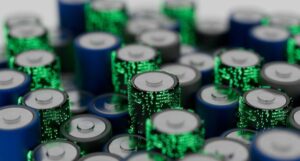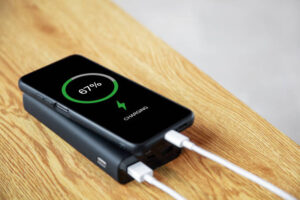Introduction
In today’s fast-paced world, the need for reliable and efficient energy storage has never been more critical. As we transition towards renewables and embrace the era of sustainable energy, one element stands out as a game-changer: lithium. This lightweight metal has revolutionized energy storage systems, empowering us to harness the full potential of renewable energy sources.
Join us in this blog post as we explore how lithium has become the linchpin in the pursuit of a clean and sustainable future.
The Rise of Lithium-ion Batteries
Lithium-ion (Li-ion) batteries have become synonymous with portable electronics, electric vehicles (EVs), and renewable energy systems. Their dominance can be attributed to several key advantages over traditional battery technologies, including higher energy density, longer lifespan, and rapid charge and discharge capabilities which can exceed 90% on a singular module level. These qualities make Li-ion batteries ideal for a wide range of applications, from smartphones to grid-scale energy storage.
Let’s delve more into each of those advantages.

Advantages of Lithium-ion Batteries
- High Energy Density: Lithium-ion batteries exhibit a remarkable energy storage capacity compared to other technologies, allowing for more power to be stored in a smaller, space-efficient package. This higher energy density makes lithium-ion batteries ideal for portable devices and EVs, enabling longer runtime and greater driving distances.
- Longer Cycle Life: Lithium-ion batteries have a prolonged cycle life, meaning they can endure a higher number of charge-discharge cycles before experiencing significant degradation. This durability ensures long-lasting performance and extends the lifespan of energy storage systems, minimizing the need for frequent replacements.
- Fast Charging: Lithium-ion batteries can be rapidly recharged, giving them a significant advantage over alternative energy storage technologies. The ability to quickly charge and discharge energy facilitates efficient usage in various applications, enabling faster turnaround times and reducing downtime.
- Low Self-discharge Rate: Lithium-ion batteries also have a low self-discharge rate, which means they retain their stored energy for more extended periods. This characteristic ensures that stored energy is readily available when needed, making lithium-ion batteries a reliable solution for intermittent renewable energy sources like solar and wind.
- Environmental Friendliness: Lithium-ion batteries are considered more environmentally friendly compared to traditional lead-acid batteries. They do not contain toxic heavy metals like cadmium or mercury, reducing the environmental impact during both production and disposal.
Applications of Lithium-ion Batteries
- Electric Vehicles (EVs): Lithium-ion batteries have revolutionized the EV industry by providing extended driving ranges and rapid charging capabilities. As the demand for cleaner transportation grows, lithium-ion batteries will continue to play a pivotal role in accelerating the transition towards sustainable mobility.
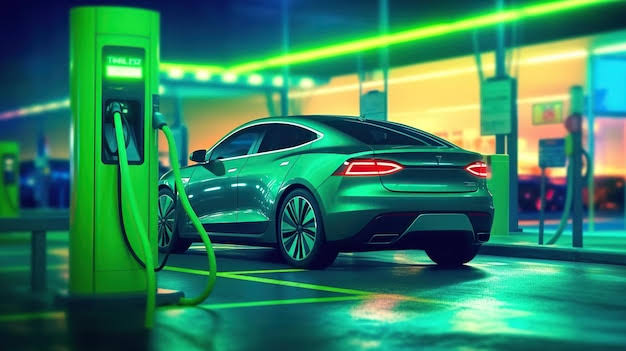
- Portable Electronics: Lithium-ion batteries power our smartphones, laptops, wearable devices, and countless other portable electronics. Their high energy density and compact size make them an ideal choice for on-the-go power needs.
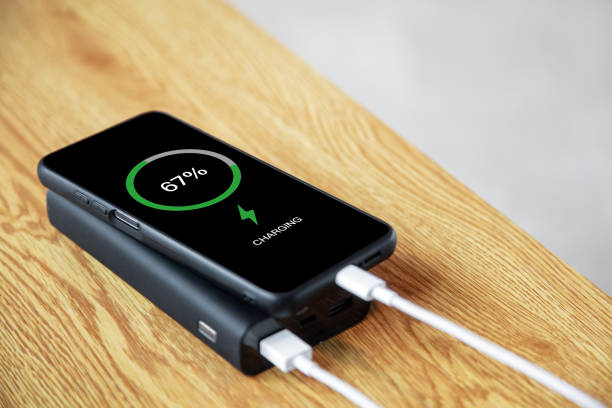
- Renewable Energy Storage: Lithium-ion batteries serve as a crucial element in storing energy generated from renewable sources like solar and wind. They allow for the efficient storage and distribution of clean energy, bridging the gap between intermittent resource availability and continuous power supply.
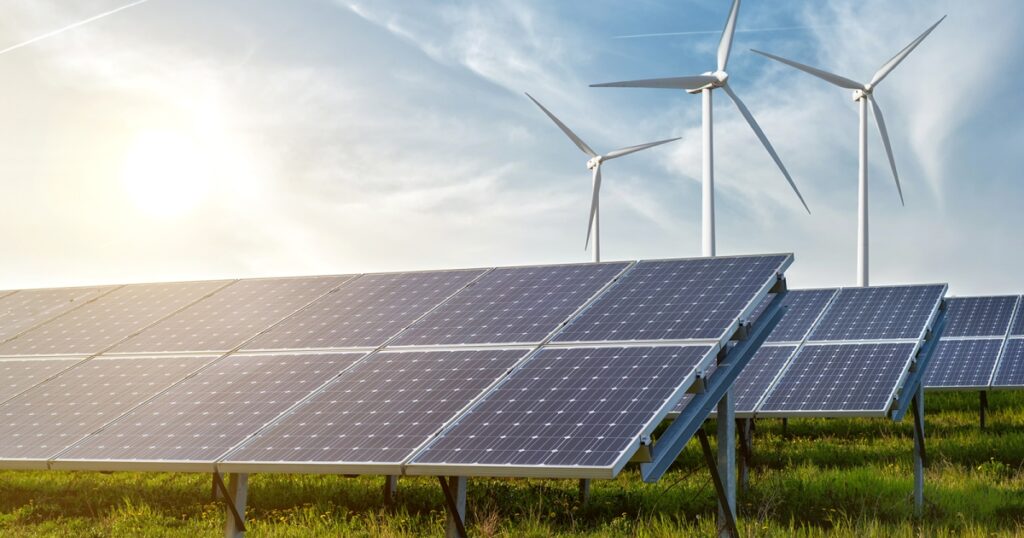
- Grid-scale Energy Storage: Lithium-ion batteries are increasingly being utilized for grid-scale energy storage, enabling the integration of renewable energy into existing power grids. By storing excess energy during off-peak periods and releasing it during high-demand periods, lithium-ion batteries help balance the grid and enhance its reliability.
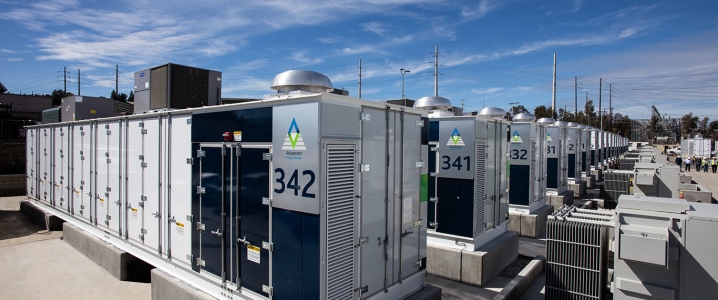
- Residential Energy Storage: Homeowners are also benefiting from the versatility of lithium-ion batteries. Residential energy storage solutions allow homeowners to store excess solar energy and use it during the evenings or during power outages.
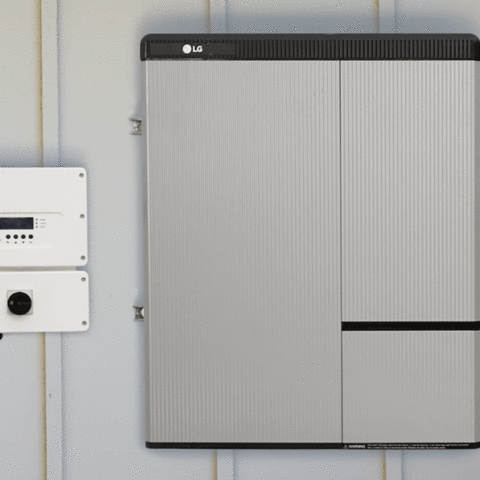
Lithium Mining in Nigeria
Nigeria, known for its vast mineral resources, has also joined the global lithium mining industry. The country is rich in spodumene, a primary source of lithium. Spodumene is a mineral that contains lithium in high concentrations and is a crucial raw material for lithium-ion batteries.
Dellahs Mining which is a lithium mining company in Nigeria has made significant investments in developing its lithium mining operations. Our company aims to contribute to the global lithium supply chain while also boosting the Nigerian economy through job creation and technology transfer.

The Future of Lithium and Energy Storage in Nigeria
Lithium-ion batteries have paved the way for next-generation technologies, but ongoing research and development efforts are expanding the possibilities. Scientists are exploring advancements such as solid-state batteries, which promise even higher energy density, improved safety, and reduced environmental impact.
Furthermore, efforts are underway to optimize battery recycling and reuse to minimize waste and maximize the lifespan of lithium-ion batteries. Recycling lithium-ion batteries not only stimulates the circular economy but also reduces the reliance on virgin materials, making energy storage systems more sustainable.
The emergence of lithium mining in Nigeria holds promising prospects for both the country’s economy and the global energy storage industry. Here’s what the future may hold:
- Economic Growth: The development of a domestic lithium mining industry can significantly contribute to Nigeria’s economic diversification and reduce its dependency on oil revenue. Revenue generated from lithium mining can be reinvested in infrastructure development and social programs.
- Energy Independence: As Nigeria focuses on expanding its renewable energy capacity, domestically sourced lithium can play a crucial role in ensuring a stable and sustainable energy supply. This can reduce the reliance on imported lithium resources.
- Global Contribution: With the global demand for lithium-ion batteries continuing to rise, Nigeria can position itself as a key player in the lithium supply chain. This not only enhances the country’s reputation but also strengthens its diplomatic and economic ties with other lithium-dependent nations.
Conclusion
With Nigeria’s entry into lithium mining, it’s set to bolster both its economy and the global shift toward cleaner energy, powered by lithium-rich resources.
In this landscape, Dellahs Mining leads the way, harnessing Nigeria’s spodumene wealth to enhance lithium production and promote cleaner energy solutions.
Lithium-ion batteries, the cornerstone of efficient energy storage, have revolutionized our ability to power devices and homes sustainably. As technology advances, even more remarkable improvements in lithium-ion batteries are on the horizon, paving the path to a cleaner, more sustainable energy future.


